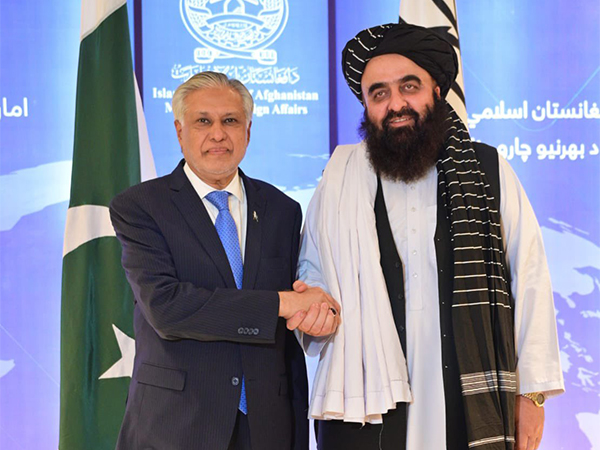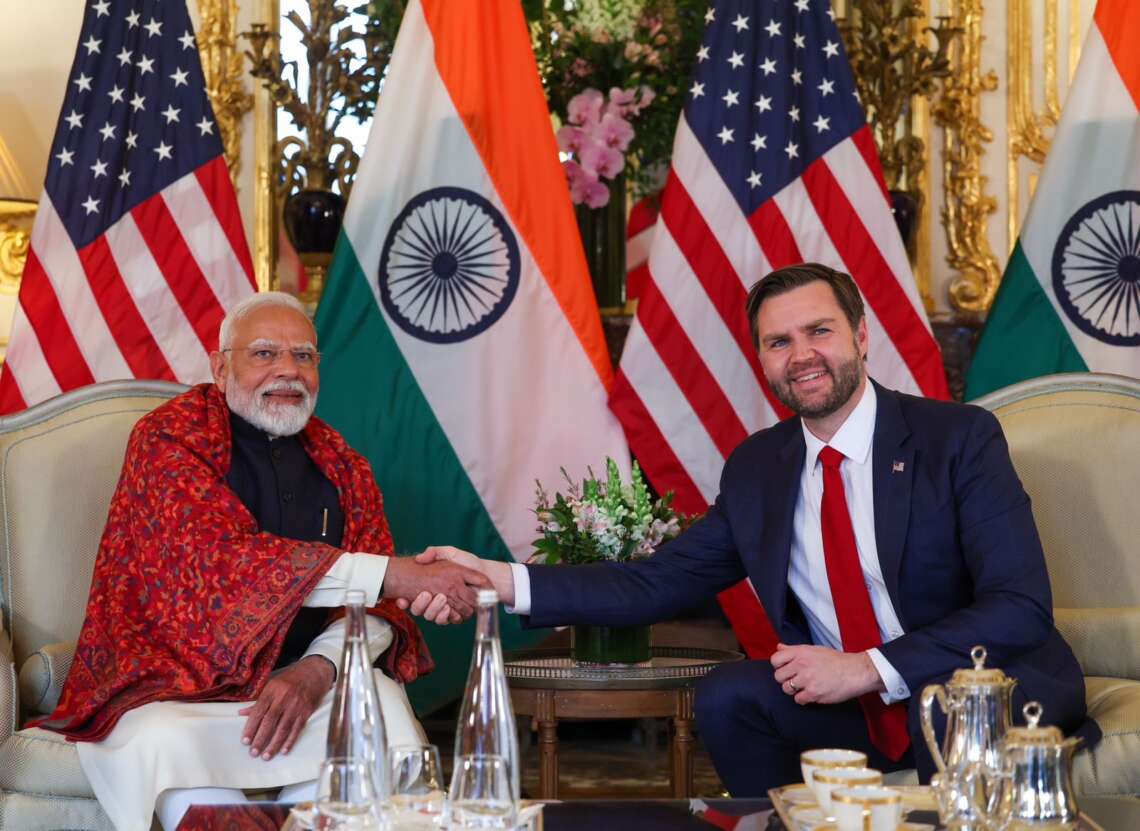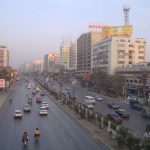Tension had escalated between the two countries after Pakistan launched air strikes against the Pakistani Taliban in retaliation for the killing of their 16 soldiers
Pakistan and Afghanistan have reached an agreement to prevent terrorists from using their soil to carry out attacks against each other, as reported by Dawn.
Pakistan’s Deputy Prime Minister and Foreign Minister, Ishaq Dar, assured that both countries would take joint responsibility in addressing such threats. Dar is in Kabul to discuss the security issues amid the deteriorating relations in the wake of terrorist attacks.
The visit follows the latest meeting of the Pakistan-Afghanistan Joint Coordination Committee in Kabul. Pakistan’s delegation was led by Ambassador Sadiq Khan, the country’s special representative for Afghanistan.
Addressing a press conference after talks with many Afghan officials, Dar said: “We have requested our hosts that we have to work together for the progress, betterment and peace and security of the region. For that, neither will we allow anyone to use our soil to conduct illicit activities in Afghanistan and graciously nor will you allow anyone to use [Afghan soil].”
“We both countries will strictly deal with and no one will be permitted to — there is no permission either way — use our land to use against the other for any security [risk] or terrorism. If someone does, then we both will be responsible to take action against such elements in our countries and stop them.”
FM Dar thanked the Afghan side for hosting Pakistan and extended an invitation for them to visit Islamabad.
Dar said that problems between neighbouring countries could be smoothly sorted out and prevented only when relations were maintained, diplomatic activities continued, and committees worked regularly.
Emphasising the need to deepen bilateral relations between the two countries, Dar requested that trade delegations and exhibitions between the two countries also be facilitated, as such activities were highly necessary to ramp up trade, prosperity, and business between the neighbours.
Tension had escalated between the two countries after Pakistan launched air strikes against the Pakistani Taliban in retaliation for the killing of their 16 soldiers. Following a series of airstrikes to wipe out the terrorists, an exchange of fire at the border was shared between Afghan and Taliban forces. Since then, the tensions have risen between the two countries along the border.
The Pakistan government has set April 30 as the deadline for all foreign nationals residing in the country without valid visas to leave, with the move particularly targeting undocumented Afghan nationals, The Express Tribune reported.
Reaffirming the government’s stand at a press conference in Islamabad, the Minister of State for Interior, Talal Chaudhry, said, “Pakistan has shown unmatched hospitality for decades, but the time has come to enforce our immigration laws strictly.”
The announcement comes ahead of Deputy Prime Minister and Foreign Minister Ishaq Dar’s scheduled visit to Afghanistan’s Kabul, as reported by The Express Tribune.
As part of its crackdown, the Pakistan government has already banned the provision of accommodation, employment, business property, and hotel stays to Afghan nationals lacking proper documentation, ARY News reported.
At the press conference, Chaudhry warned of strict action against people found helping undocumented Afghan migrants. “There will be no extension of stay for Afghan immigrants without a valid passport and visa. There is now zero tolerance for undocumented Afghan nationals,” he said.
Chaudhary shared data showing that since April 1, 2025, a total of 84,869 Afghan nationals have been deported. Out of these, 25,320 had Afghan Citizen Cards (ACC), while 59,549 had no valid documents. Since the implementation of the one-document policy, a total of 9,07,351 Afghan nationals have been repatriated so far.
Chaudhry said Afghan immigrants waiting to be deported are being kept at special transit locations, where they are provided with medical care, shelter, transportation, and security.
He also made it clear that legal action would be taken against people who rent out residential, commercial, or hotel properties to undocumented Afghan immigrants. He added that offering jobs or any kind of movable or immovable property to illegal Afghan immigrants is completely banned, ARY News reported.
Earlier, UN human rights experts urged Pakistan to halt the deportation of Afghan nationals, noting that there were reports that the deadline for voluntary return might be extended until April 10.
“Considering the worsening human rights conditions in Afghanistan, sustainable solutions are essential for Afghans outside their country, with substantial backing from the wider international community,” the experts said. (ANI)














